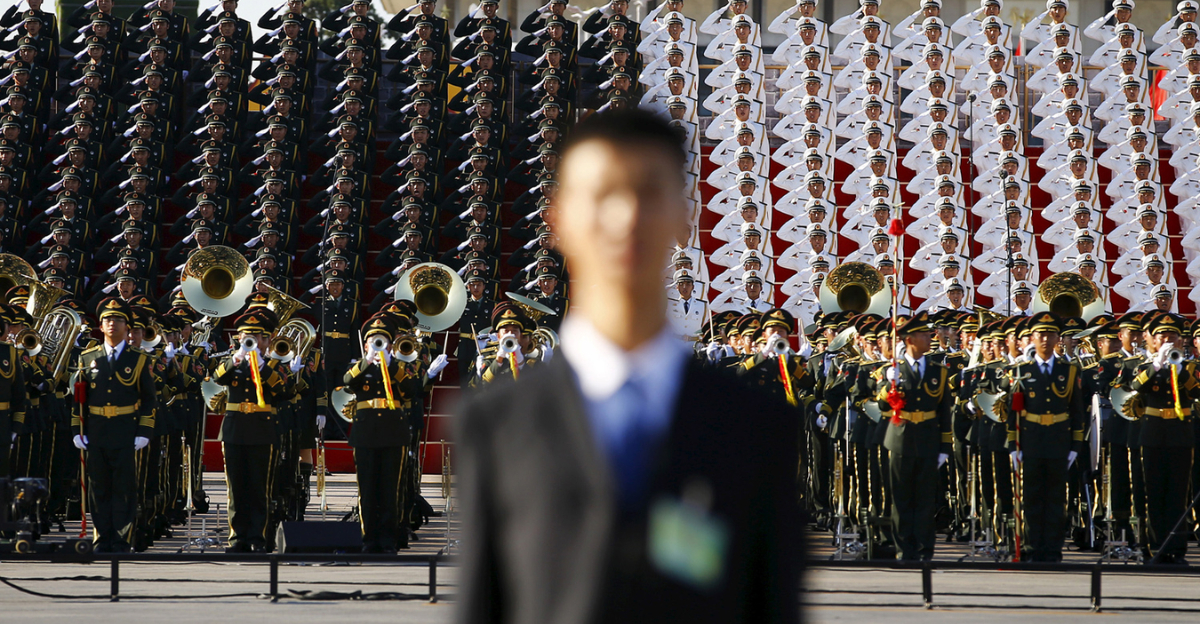
On September 3, 2025, China unveiled its largest-ever Victory Day parade in Beijing, commemorating the 80th anniversary of Japan’s World War II surrender. Over 12,000 troops marched, accompanied by towering structures that symbolized national resilience and pride. As onlookers filled the streets, the parade showcased not only military prowess but also China’s historical narrative as a victor.
A citizen named Zhao Ling reflected on the moment, stating, “Watching the parade made me feel the strength of our country.” Here, the atmosphere was charged with emotion, as the world tuned in to witness this grand display of China’s military and historical identity.
Global Spotlight
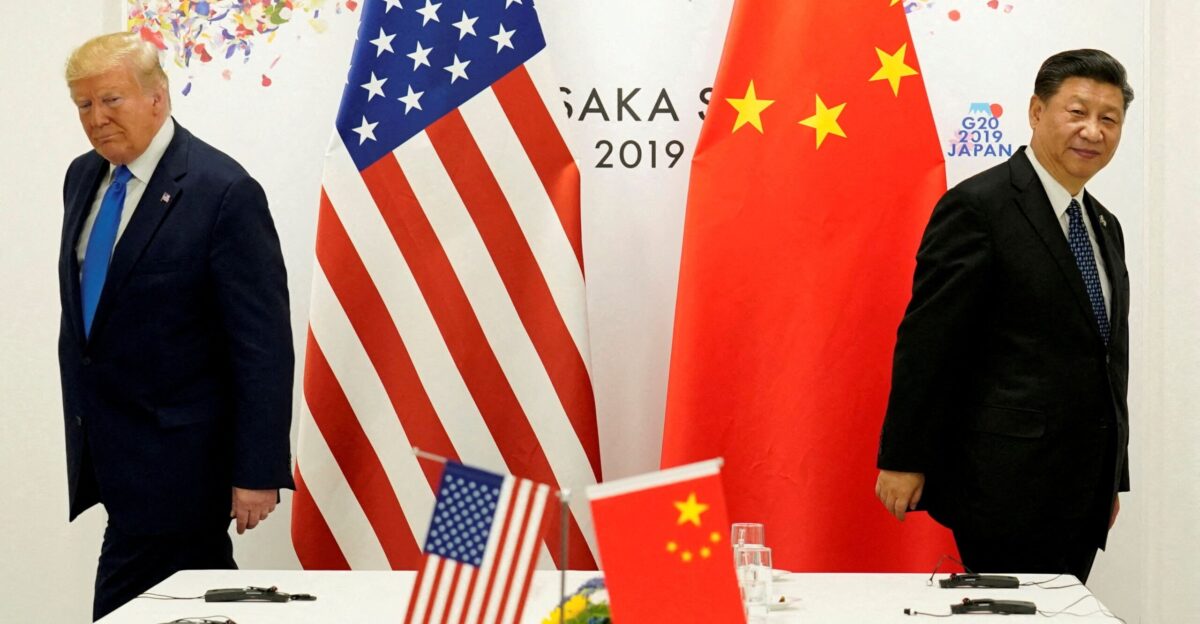
The massive parade attracted worldwide attention, serving as a backdrop to escalating geopolitical tensions, particularly those centered around the U.S.-China rivalry. Dignitaries like Russian President Vladimir Putin and North Korean leader Kim Jong Un were present, suggesting a shift in alliances and strategic prominence for China.
Jessica Chen, a political analyst, remarked, “This gathering illustrates China’s intent to solidify its influence amidst global instability.” As the leaders interacted, the underlying currents of historical narratives took center stage, fueling discussions and reflections on the implications of this show of solidarity among non-Western powers.
Defining Moments
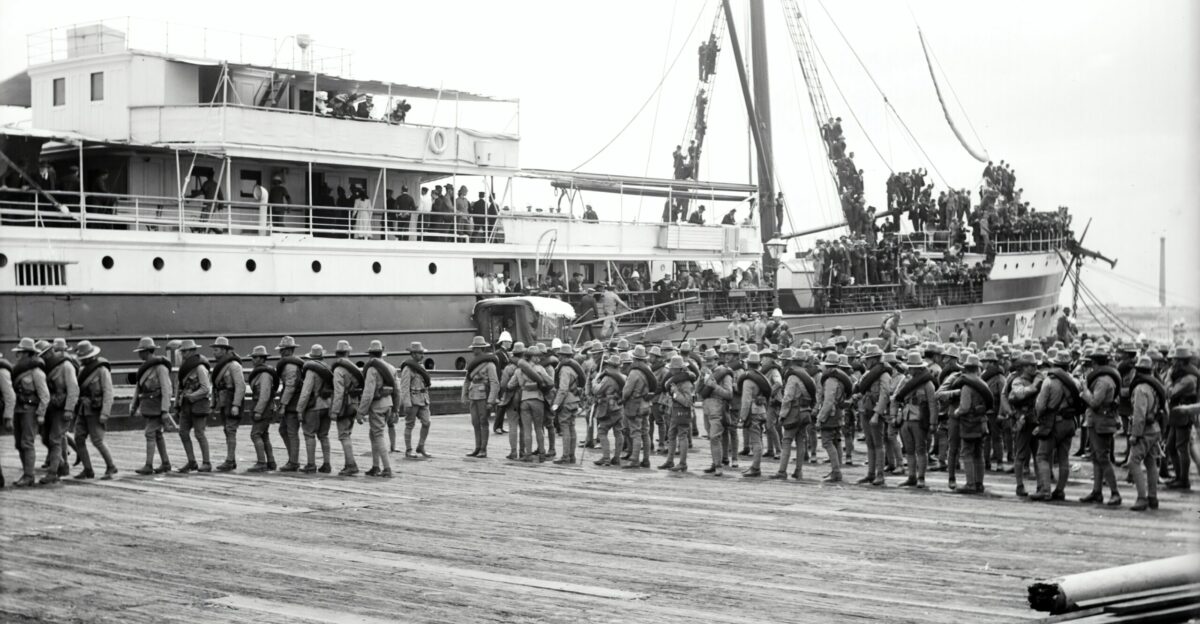
World War II holds a particular significance in China’s national narrative, often referred to as the “War of Resistance against Japanese Aggression.” This period is commemorated for its immense sacrifices, framing China’s pride and its role in ending imperial exploitation across Asia.
Historian Li Wei expressed, “It’s not just about history; it’s about what we’ve overcome as a nation.” The legacy of those who fought continues to influence contemporary China, shaping national pride and a collective memory that underscores resilience and unity, as commemorations become both a remembrance and a rallying cry for national identity.
Shifting Narratives
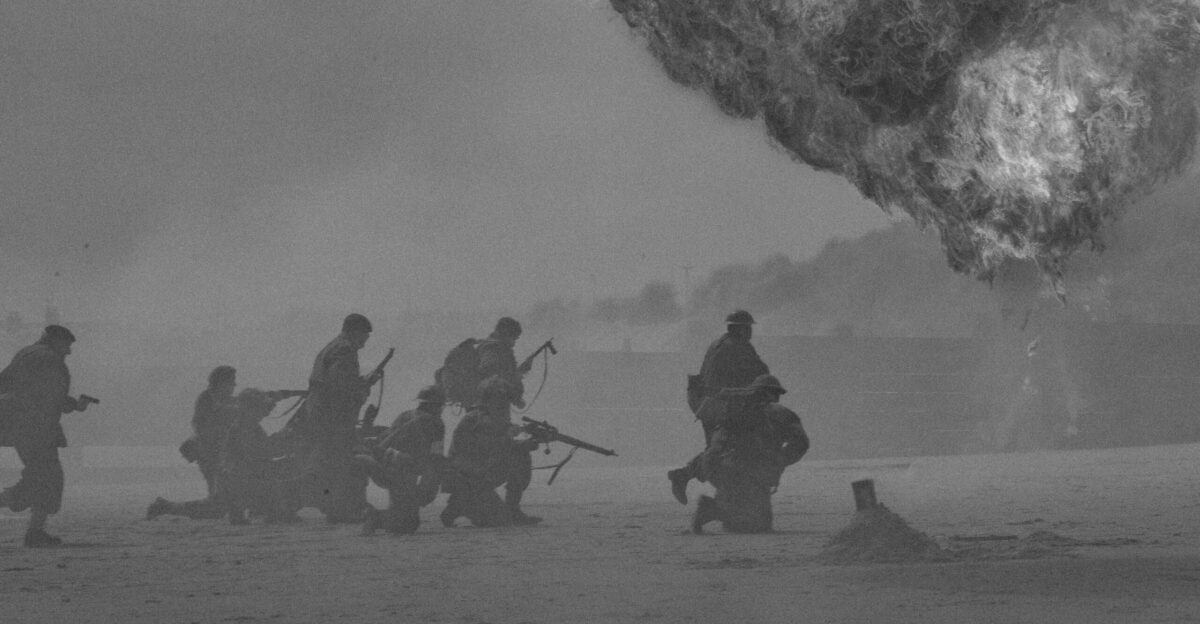
Debates have emerged over the crucial roles played by various Allied nations in defeating Japan during World War II. While the United States and Soviet Union fought alongside China, there is a growing trend in Chinese commemorations that emphasizes domestic contributions.
Chen Xia, a historian, conveyed, “China deserves recognition for its massive sacrifices.” This shift in narrative raises questions about historical accuracy and collective memory, as the need for national pride sometimes complicates a fuller acknowledgment of joint efforts during the war. Such controversies reflect the complexity of memory and identity in a global context.
Declaring Victory
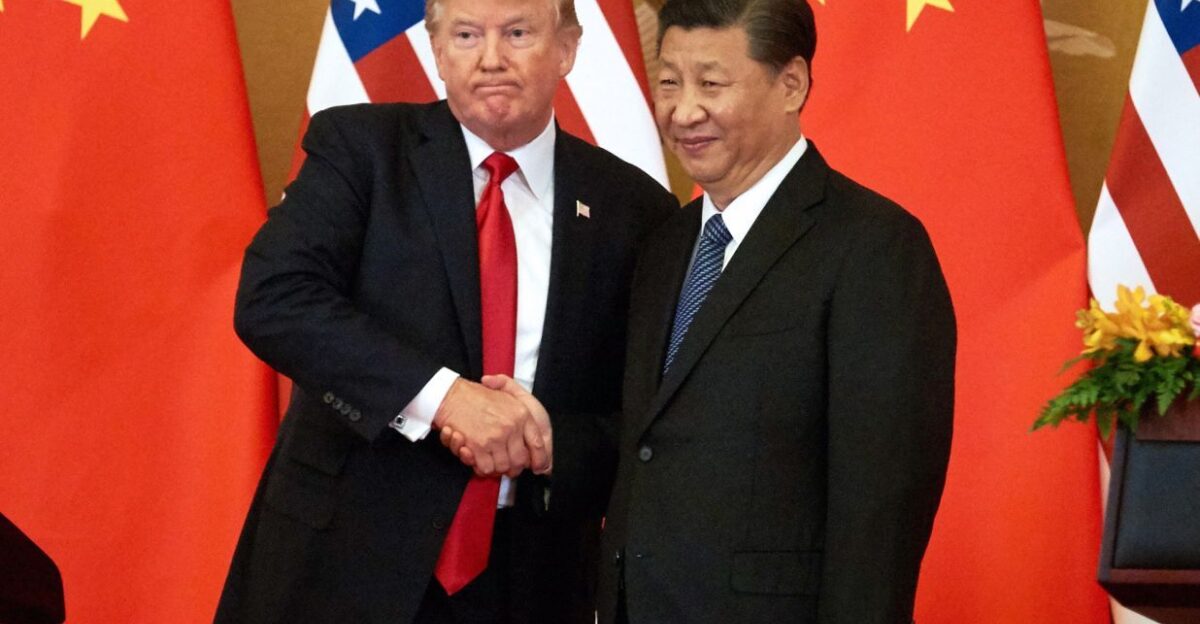
During the grand parade, President Xi Jinping proclaimed that the event was a celebration of “China’s first complete victory against foreign aggression,” firmly positioning China as a primary victor in World War II. His powerful words resonated with many attendees, who felt a deep connection to their nation’s triumphs.
Li Ming, a young parade-goer, expressed, “Hearing Xi’s declaration made me feel proud and hopeful for our country’s future.” This assertion of victory is significant, marking a turning point in how China shapes its historical narrative and influences its global relations as it reclaims its wartime legacy.
National Unity
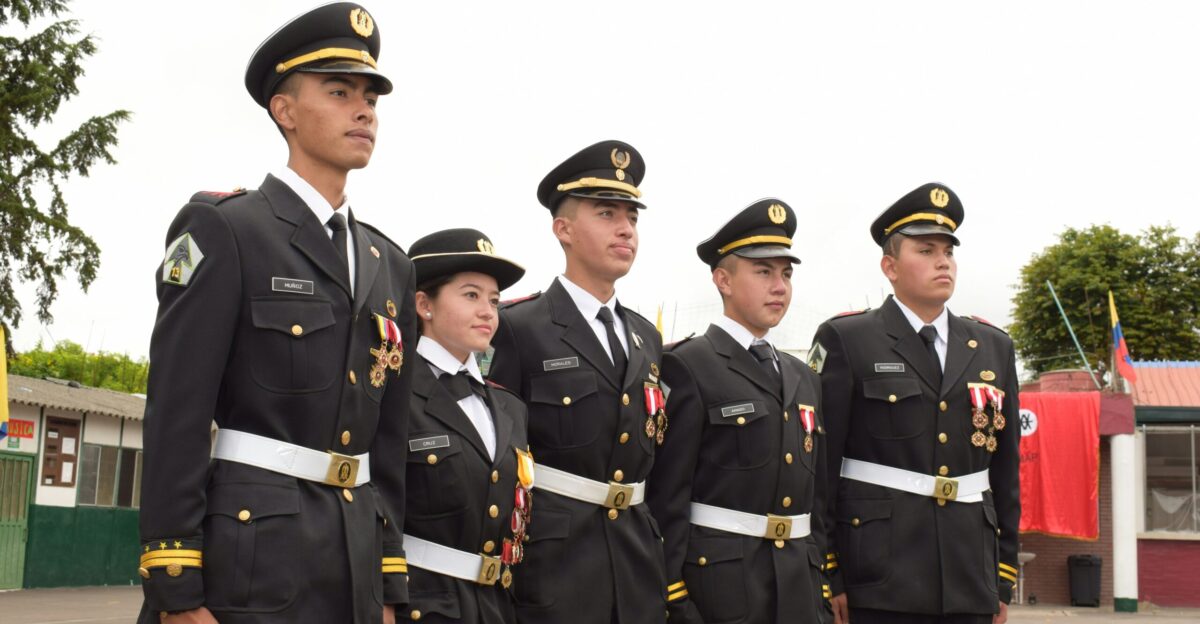
The atmosphere during the parade sparked intense feelings of national pride among attendees. Citizens described a sense of unity, particularly among the youth and military veterans who honored China’s wartime sacrifices. “It felt like we were all part of something larger than ourselves,” stated Wang Jie, a veteran who marched in the event.
This collective experience not only deepened their appreciation for national history but also underscored the importance of military tradition in modern Chinese identity. As the cultural connections blossomed, personal stories intertwined with the broader narrative of resilience and strength, inviting generations to share in a moment of historical significance.
Personal Histories
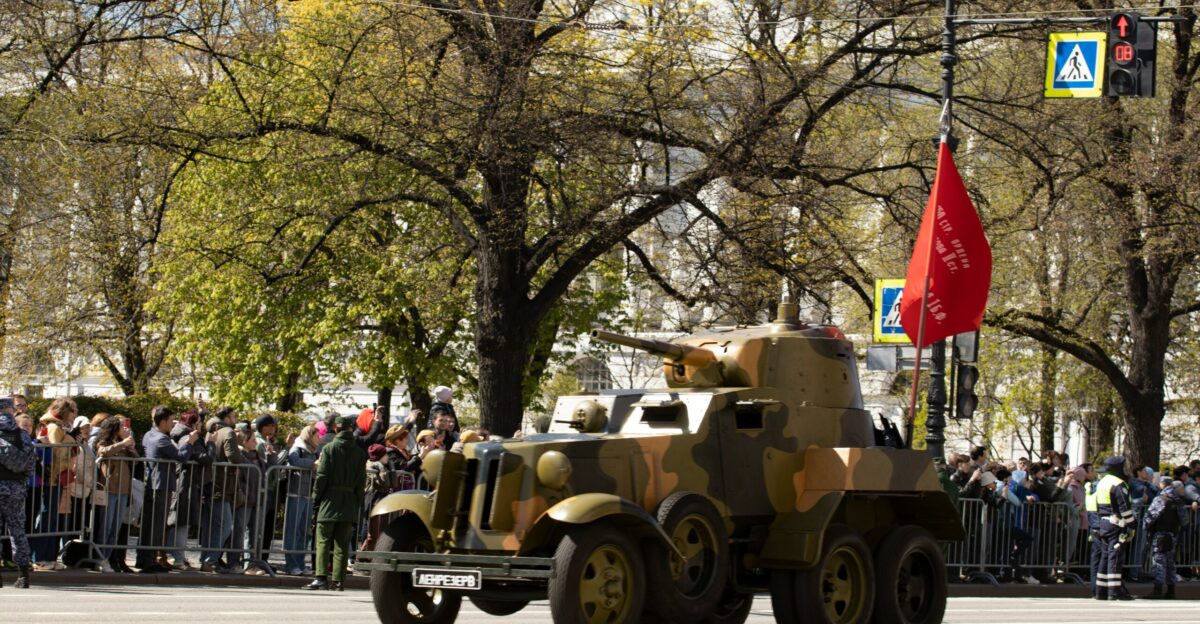
Among the enthusiastic crowd was parade attendee Li Ming, who expressed how her family’s history shaped her view of the event. “My grandparents fought bravely; watching this parade is a tribute to their sacrifices,” she shared. This personal connection echoed throughout the crowd, with many attendees reflecting on their own family stories intertwined with national struggles.
It became clear that the parade was not just a display of military strength but a moment that linked individual histories to the overarching narrative of resistance and resilience. Such sentiments amplified the emotional weight of the day, enriching the broader experience of collective memory.
Global Reactions
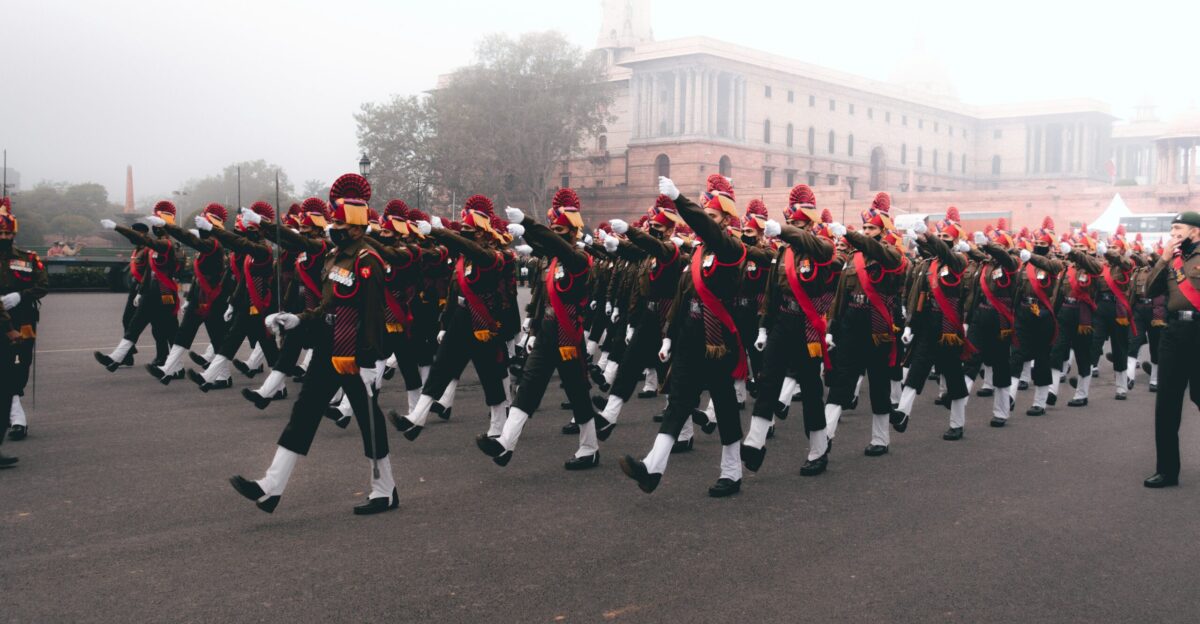
International critics of China’s parade, particularly from the U.S. and Japan, voiced concerns over what they perceived as historical revisionism. Japanese officials denounced an “anti-Japanese sentiment” emanating from these commemorations, while U.S. diplomats lamented the lack of recognition for their role during the war.
Analyst Akira Tanaka explained, “This reaction highlights the complexities of remembering history in a multicultural world.” Such criticisms underscore the need to navigate historical narratives carefully, reflecting the delicate balance between national pride and international relations as China asserts its storytelling in the global theater.
Historical Context
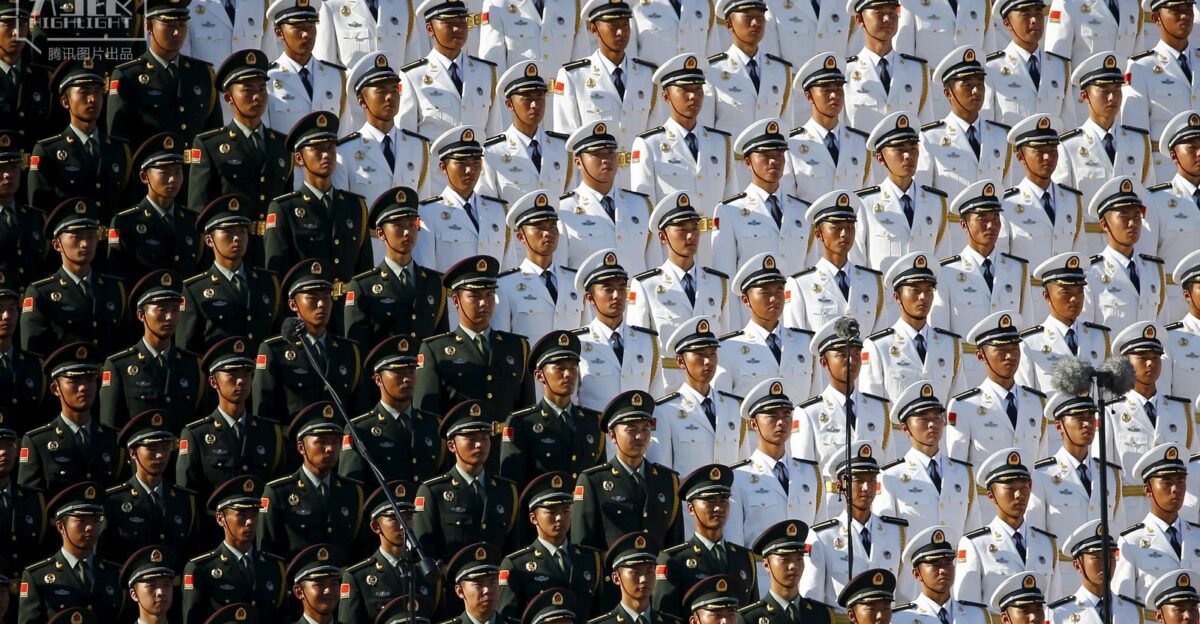
In this broader context, China’s commemorative efforts play into its ambitions to redefine its legacy on the world stage. The country’s permanent seat on the United Nations Security Council and its expanding military influence are often cited as direct outcomes of its role in World War II. As this narrative unfolds, geostrategic considerations permeate discussions on historical memory.
Wu Fang, a geopolitical strategist, highlighted that “China aims to leverage its past to shape its future.” Such recontextualization of history not only informs China’s foreign policy but also reshapes its interactions with both allies and adversaries.
Downplaying Allies
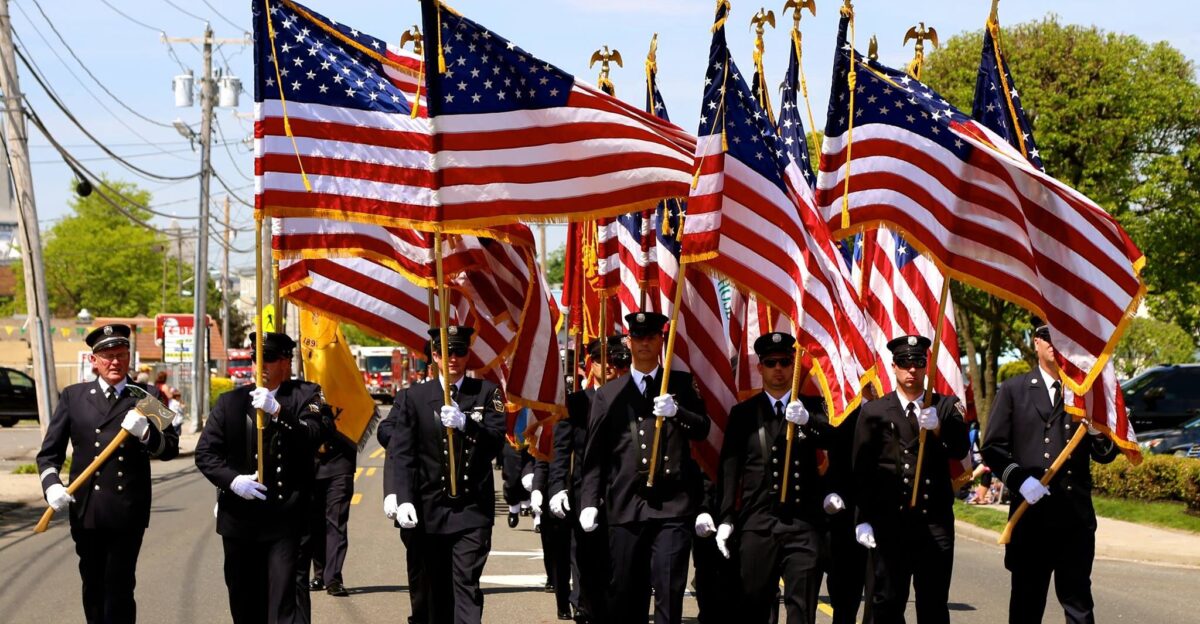
Chinese state media have frequently framed U.S. wartime aid as “strategically motivated” and “not purely altruistic,” subtly diminishing America’s role in China’s wartime survival and subsequent postwar recovery. “It’s essential for us to claim our narrative,” said scholar Zhang Lin, emphasizing the importance of historical agency.
This viewpoint reflects a broader strategy of reshaping the past to create a favorable image of China’s role in global affairs. This selective memory illustrates the complexities of interpreting history, where the past is often reframed to serve contemporary political objectives in the ever-evolving geopolitical landscape.
Voices of Dissent
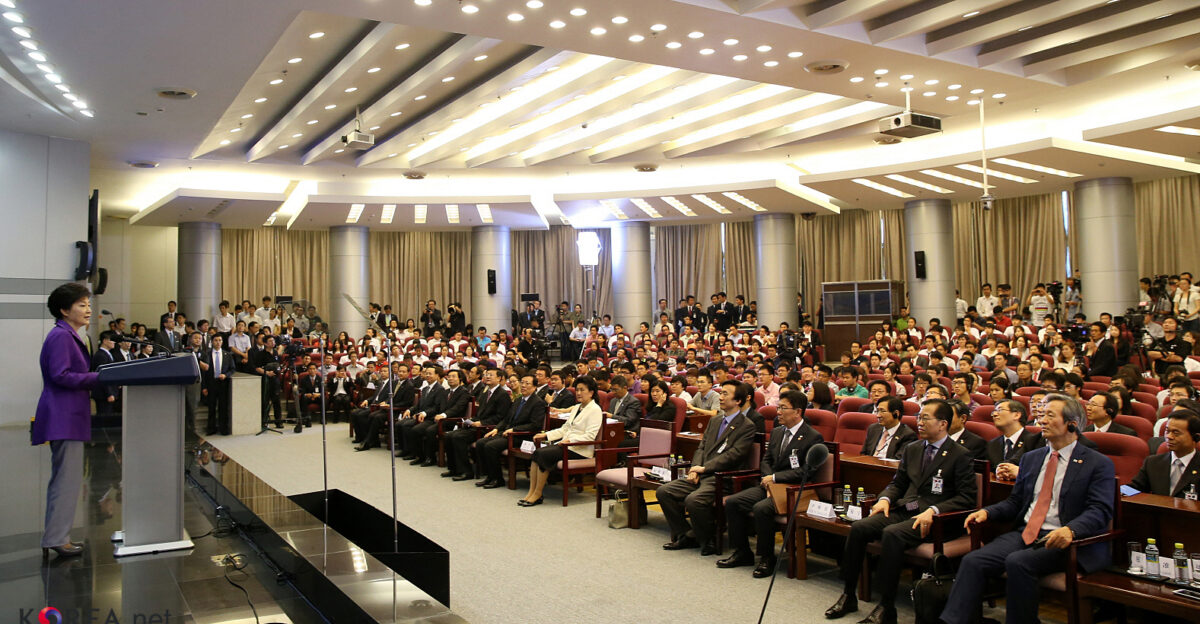
Despite the prevailing narrative, some Chinese citizens expressed skepticism regarding the authenticity of official commemorations. Social media platforms buzzed with posts questioning whether the historical portrayal accurately reflects the sacrifices made by all Allied nations. “I wish we could acknowledge everyone’s contributions,” posted one user.
Such critical voices serve as reminders of the ongoing struggles to reconcile personal histories with national narratives. This growing discourse among young citizens reveals a desire for a balanced understanding of history that can foster genuine dialogue and reflection, challenging the monolithic portrayal of victory prevailing in mainstream narratives.
Leadership Messages
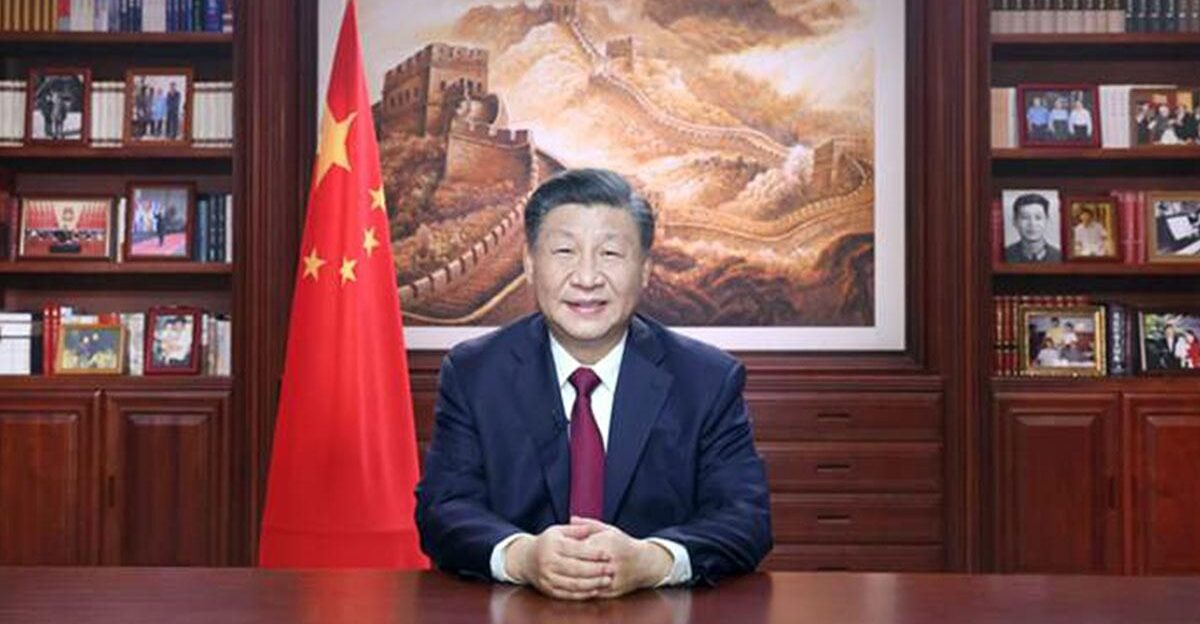
Xi Jinping’s keynote address at the parade underlined the sacrifices and resilience that formed the backbone of China’s victory in World War II. By emphasizing the Chinese Communist Party’s leadership in these efforts, he projected strength and reiterated the promise of national rejuvenation.
Political analyst Mei Liu noted, “Xi’s rhetoric aims to evoke a sense of collective pride and determination among citizens.” This messaging was intended to galvanize public sentiment, rallying support for the Party while reinforcing the narrative of historic victory that played a critical role in China’s contemporary identity and aspirations.
Fostering Patriotism
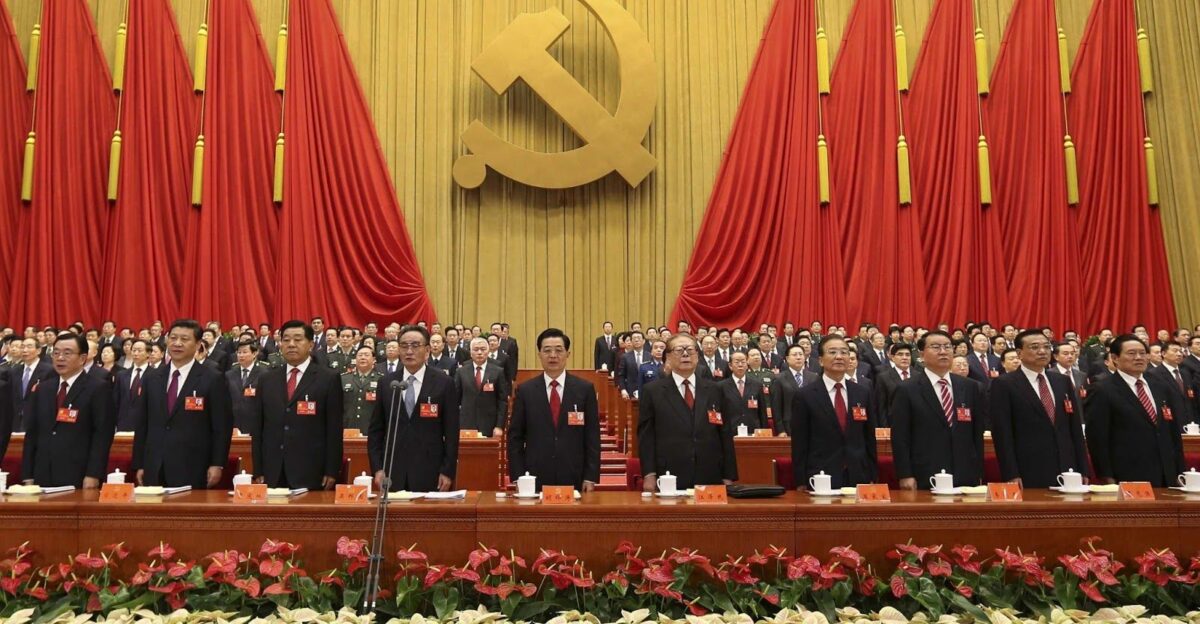
Aligning with national goals, government initiatives linked the celebratory atmosphere of the parade to modern initiatives promoting economic revitalization and global cooperation. “It’s inspiring to see our past fueling our future ambitions,” stated Chen Qiang, a government worker.
These programs echo themes of unity and peaceful development, encouraging citizens to channel patriotic sentiments into meaningful contributions that extend beyond mere remembrance. This strategy aims to cultivate a sense of purpose that connects the struggles of the past with the aspirations for a vibrant and influential future on the global stage.
Scholars Weigh In
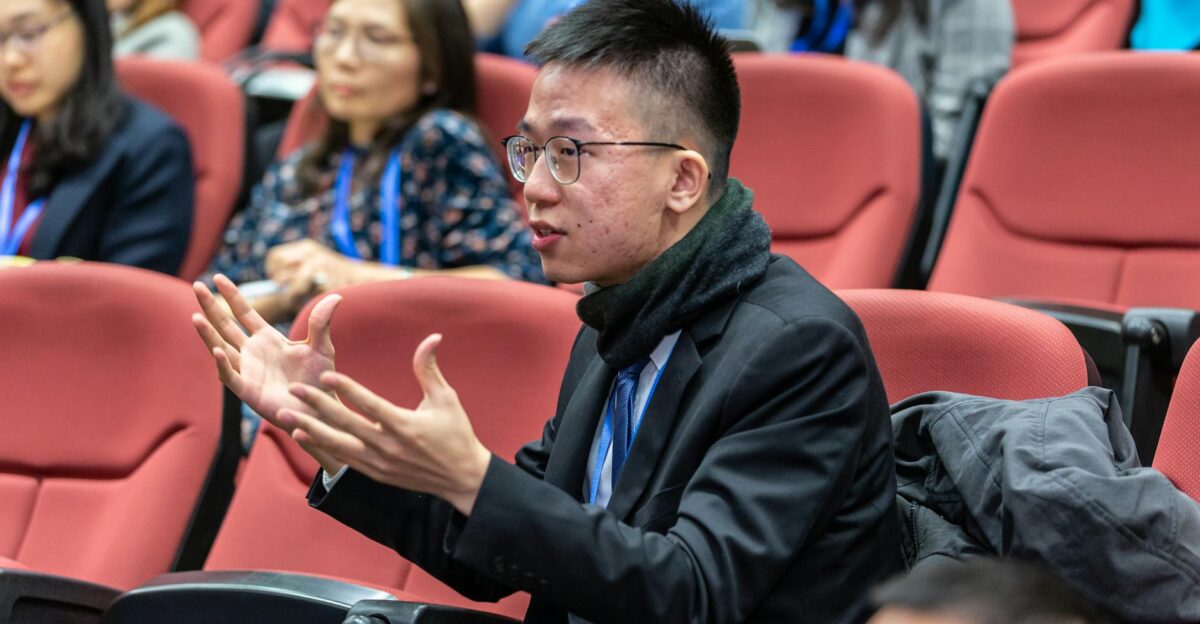
Experts note that while all major Allied powers contributed significantly to defeating Japan, China’s narrative serves political objectives as it ascends in global influence. Scholar Xu Wei cautioned, “You can’t ignore the collaborative nature of wartime efforts.” This shift in focus fosters national solidarity and aims to create a cohesive identity in a rapidly changing geopolitical landscape.
By understanding these complexities, researchers and analysts can better gauge how historical interpretations shape modern methodologies in diplomacy and international relations, prompting deeper inquiry into the relationship between history and national agendas.
Future Implications
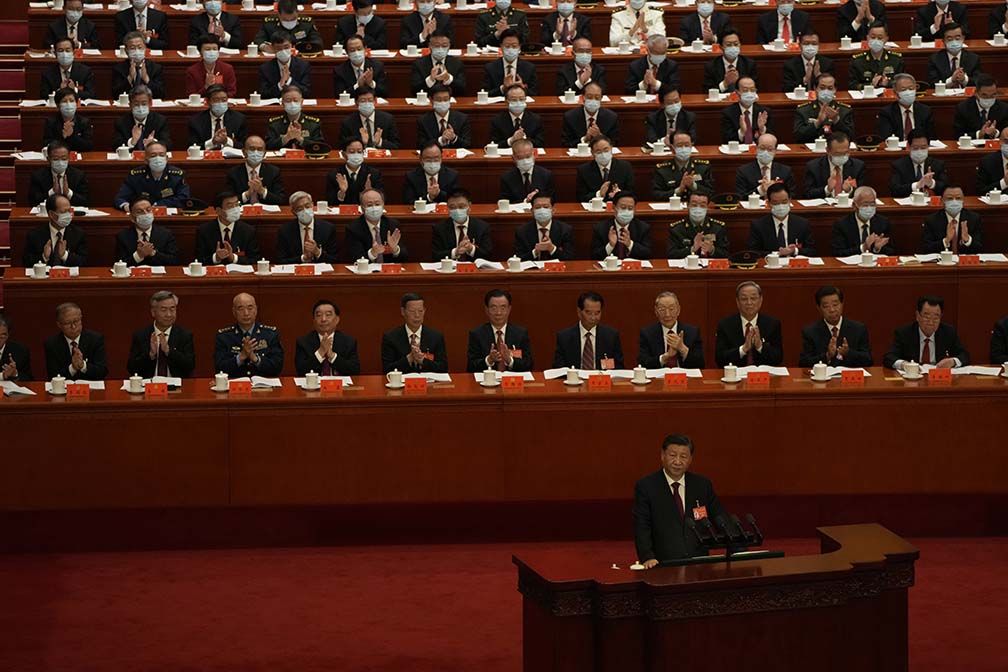
With China’s narrative shift, questions arise about its future positioning in international affairs. Will this celebration solidify Beijing’s stance as a decisive victor, or will it instigate ongoing debates over the memory and responsibilities stemming from World War II? “It’s a double-edged sword,” remarked historian Wang Hu.
This moment not only captures a pivotal moment in memory politics but also highlights the potential for both reconciliation and conflict over differing historical interpretations. As the world watches, China’s evolving narrative will likely influence its diplomatic relations and engagements moving forward.
Tensions on the Rise
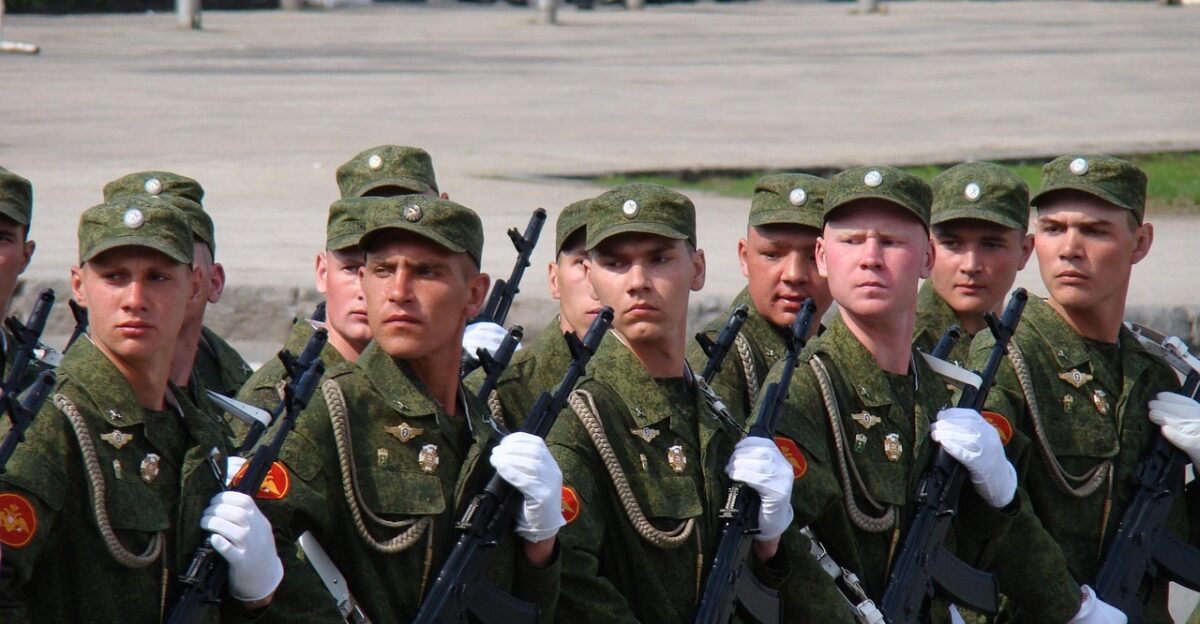
The Victory Day parade exacerbated existing geopolitical divides, leading Western critics to frame China’s historical narrative as a weapon in ongoing rivalries rather than an avenue for genuine reconciliation. As such, concerns have risen in U.S.-China relations, with many questioning the implications of nationalistic rhetoric.
“History can either bridge gaps or deepen divides,” noted political analyst Tom Green. This evolving dynamic illustrates the complex interplay between memory, identity, and international diplomacy, posing both challenges and opportunities for administrative engagement in the face of traditional historical grievances.
Strengthening Ties
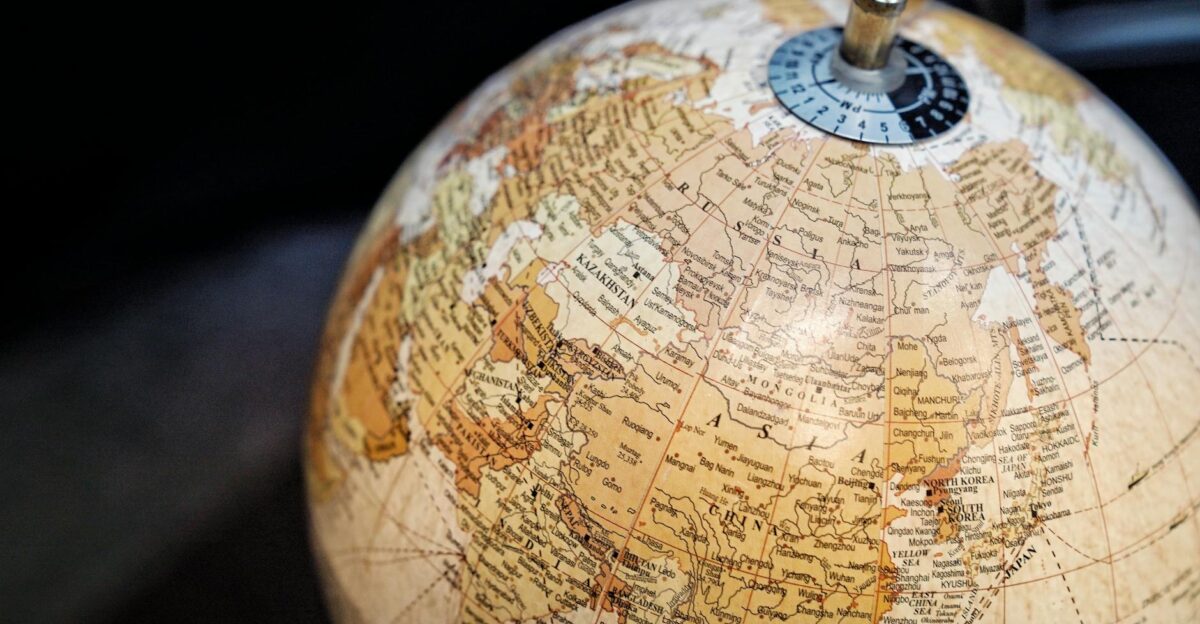
The presence of foreign leaders at the parade highlighted a growing sense of solidarity among non-Western powers. The strategic cooperation displayed between China, Russia, and North Korea served to amplify diplomatic posturing and align their narratives against Western perspectives. “Seeing these leaders together felt like a show of strength,” expressed diplomat Ivan Petrov.
This gathering reflects a push towards alternative alliances that may redefine global partnerships in the post-pandemic world. Such developments suggest a shift in geopolitical alliances, as nations seek to harness their joint historical experiences to foster closer ties in facing mutual challenges.
Legal Perspectives
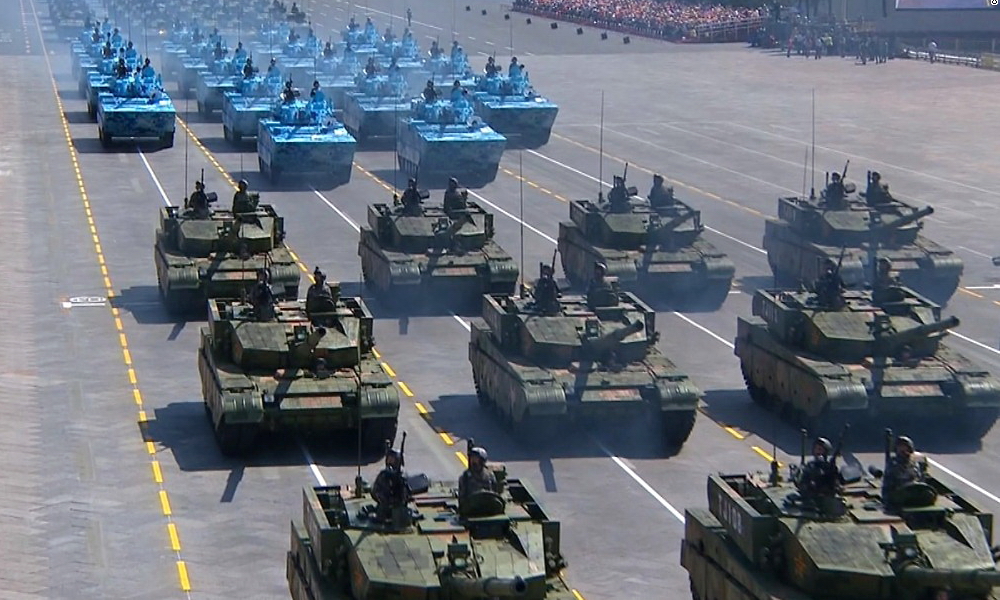
The implications of China’s WWII claims extend beyond historical memory, intersecting with ongoing territorial disputes, particularly in the South China Sea. Commentators have pointed out that historical narratives often underpin these legal claims. “For China, asserting its wartime history is not just about memory; it has direct consequences for current territorial integrity,” stated maritime analyst Zhou Jie.
Understanding the legal ramifications of this narrative shift can illuminate the tensions that persist in diplomatic negotiations and international law, with history playing a pivotal role in shaping future scenarios on a global scale.
Bridging Gaps
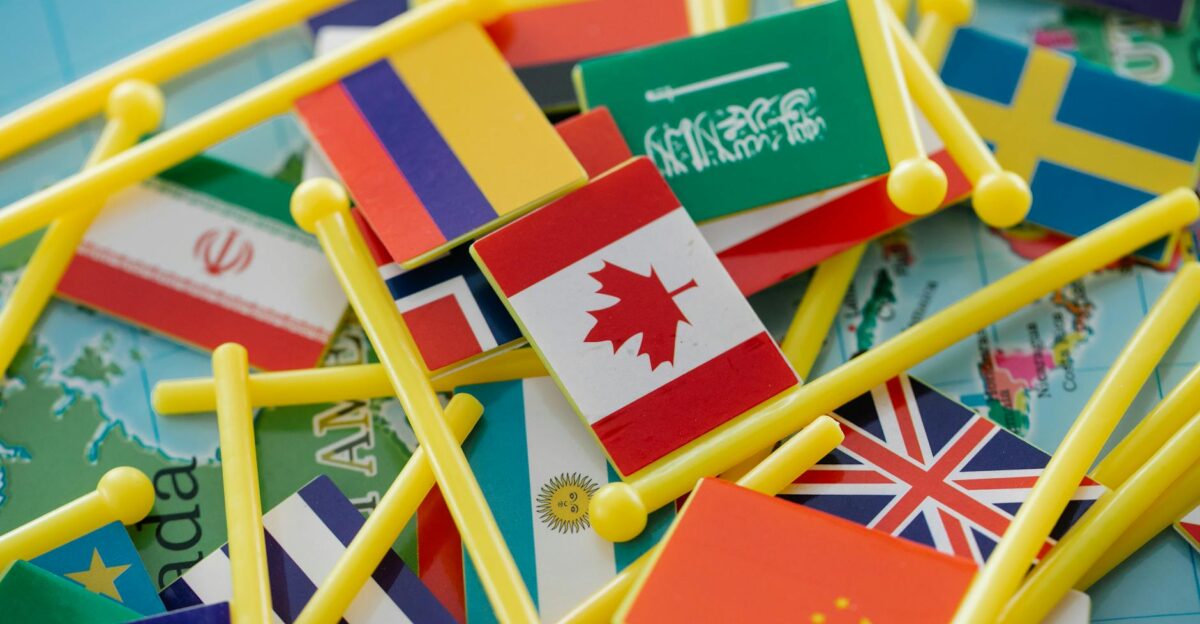
As the global community observes these developments, the need for a more comprehensive understanding of history becomes apparent. Intellectuals like analyst Elena Yu emphasize the importance of dialogue, suggesting, “Facilitating discussions around historical narratives can pave the way for reconciliation.”
By fostering inclusive conversations that acknowledge multiple perspectives, countries may reshape their relations moving beyond simplistic notions of victor and vanquished. Such initiatives present opportunities to bridge historical divides, cultivating cross-cultural understanding in a complex geopolitical landscape driven by deeply ingrained memories.
Reflecting on the Future

As China progresses in asserting its narrative, the broader implications for international relations remain to be seen. Will the celebration of victory promote peace and collaboration, or will it lead to continued disputes over historical interpretations? “Our history shapes who we are, but we must also build a future together,” urged diplomat Alex Moon.
Reflecting on these questions highlights the delicate balance of memory, identity, and diplomacy, as nations navigate their intertwined histories while forging paths toward potential unity and cooperation in an ever-evolving global landscape. Through understanding our past, we can strive for a more unified future.